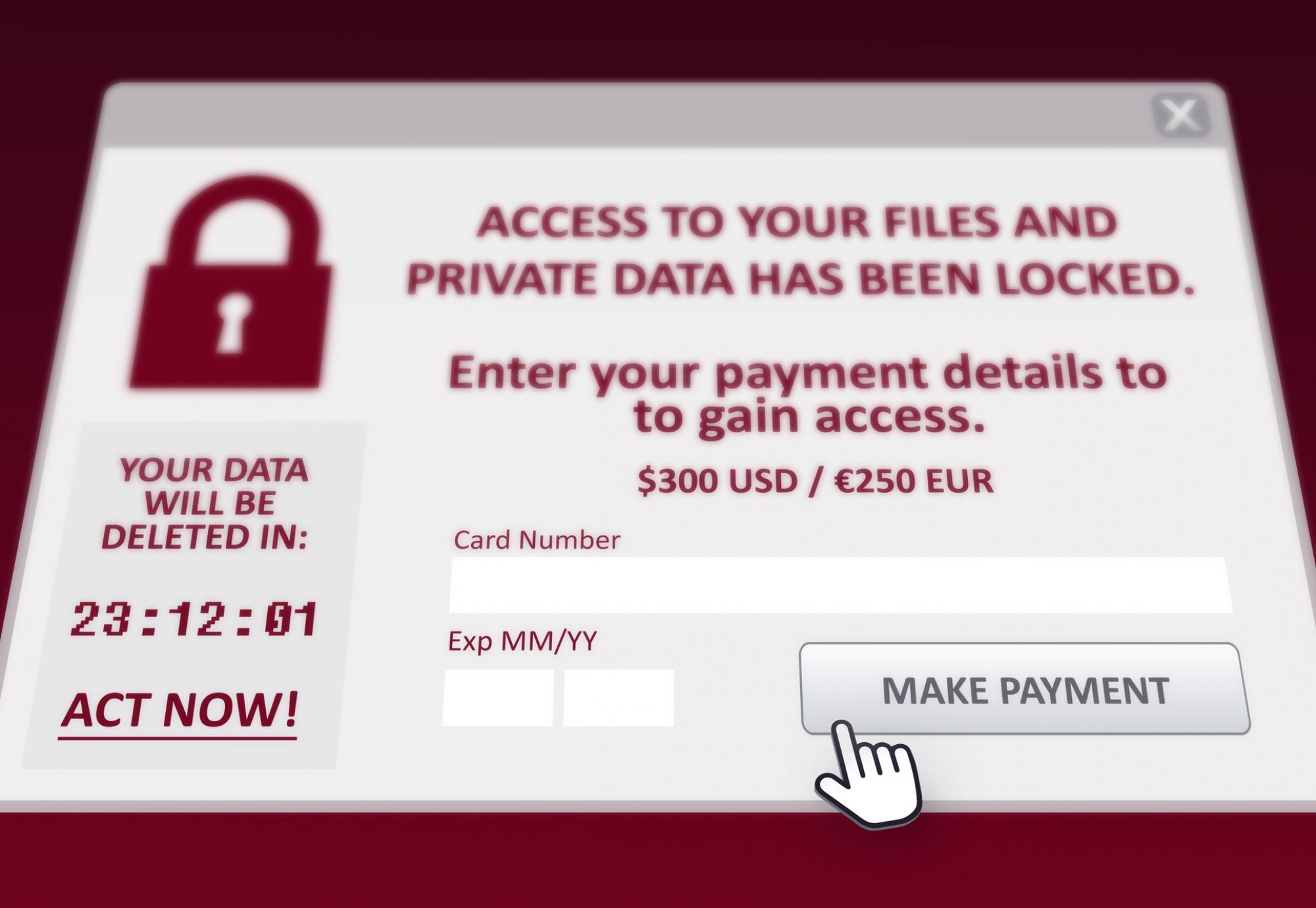Over the past few years, various public bodies have been the target of ransomware attacks, most notably, the NHS was attacked in 2017 by ransomware called Wannacry.
Since then, the National Cyber Security Centre has warned educational bodies to protect themselves by employing preventative measure to ensure that they are not made an easy target by unscrupulous people.
Speaking on BBC News earlier, former head of NCSC Ciaran Martin warned that by paying ransoms, victims are inadvertently encouraging hackers to carry out more of these attacks because they become more lucrative.
Martin said he would be open to the idea of legislation around this being reviewed to possibly make it an offence to pay the ransoms on such attacks.
He advised any organisation to make sure they were protected by making themselves hard targets for these kind of attacks, so that the hack just simply isn’t worth their time.
The main problem with ransomware attacks is that they force the victims to either pay the money or risk having their data encrypted forever, or even destroyed.
As the law currently stands it is only illegal if the hackers are affiliated with a terrorist organisation, meaning that if they are a lone-wolf hacker, it is not illegal to pay the ransom.



















